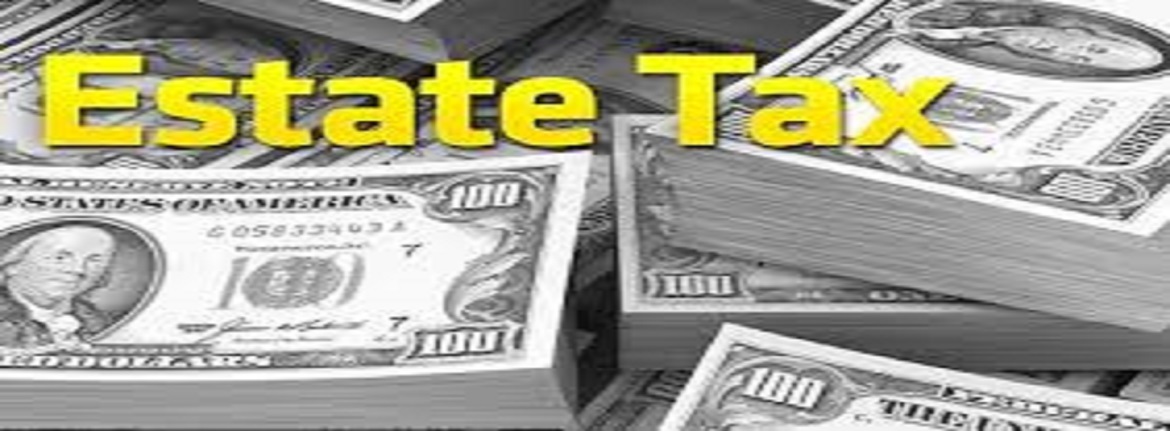Can You Benefit from the $800,000 Capital Gains Exemption?
A Canadian business owner who carries on an active business through a corporation may be eligible for an $800,000 lifetime capital gains exemption (indexed for inflation after 2014) on the sale of his/her corporation shares or on the deemed disposition of his/her corporation shares immediately before his/her passing. For a Canadian business owner in the top marginal tax bracket, the claim of the $800,000 lifetime capital gains exemption will result in a tax saving ranging from $156,000 to $200,000, depending on the province in which the business owner is a resident.
How to Qualify for the Capital Gains Exemption
Generally, the following three requirements must be met for the shares to be qualified as “qualified small business corporation (QSBC)” shares for claiming the $800,000 lifetime capital gains exemption:
- 24-month asset test: Throughout the 24 months immediately preceding the sale or deemed disposition, at least 50% of the fair market value of the assets of the corporation were used principally in an active business carried on primarily in Canada (i.e., “active business assets”) while the shares owned by the individual was of a Canadian controlled private corporation.
- Point in time asset test: At the time of sale or deemed disposition, at least 90% of the fair market value of the assets of the corporation must be used principally in an active business carried on primarily in Canada.
- 24-month holding period test: Throughout the 24 months immediately preceding the sale, the shares were not owned by anyone other than the individual or a person related to the individual.
The determination if the shares meet the two asset tests in the 24-month holding period and at the time of the share disposition can be complicated. Depending on the particular facts and circumstances of the business operations of a corporation, cash and short-term investments may or may not be considered as active business assets. There are also complex rules dealing with shares or indebtedness held in related corporations. There are ways for a corporation with excess non-active business assets to be “purified” to meet the two asset tests by transferring the excess non-active business assets to an investment holding company. If properly planned and implemented, the purification can be achieved on a tax-free basis.
How to Multiply the Capital Gains Exemption
The tax saving from claiming the capital gains exemption can potentially be multiplied by having one or more family members become shareholders of the QSBC. There are different ways to bring family members in as shareholders. One possible way is for the business owner to gift a desired portion of his/her shares to the family members. The other possible way is for the family members to directly subscribe shares from the QSBC. Each of the options has different tax implications to the business owner and the family members. One of the important tax implications is the duration that the family members will have to hold the shares for the eligibility to claim the capital gains exemption. In case of gifted shares, the family members would qualify for the exemption immediately. However, for newly subscribed shares, the family members would not qualify for the exemption if the shares were sold within a 24-month period from the date of share subscription.
Capital Gains Exemption Planning is Complicated
A business owner should plan ahead to ensure his eligibility to claim the $800,000 lifetime capital gains exemption. It may take up to 24 months for a business owner to qualify for the capital gains exemption. There are also strategies for a business owner to “crystalize” his capital gains exemption before accumulation of excess cash or investments assets (i.e., non-active business asset in the corporation.
We Can Help
We are a Toronto Chartered Accountant firm with 20 years of specialized experience in Canadian domestic and international taxation. We can assist with
- Cross border taxation;
- Business and succession planning;
- Canadian personal and corporate tax returns;
- Corporate tax planning and reorganization;
- Retirement planning;
- Estate planning and inheritance tax advice; and
- Tax audit dispute and resolution.
Contact us to schedule an appointment.
————————————————
The information in this article is general in nature and does not constitute professional advice. We recommend that you obtain the appropriate professional advice before acting on any of the information contained herein.






